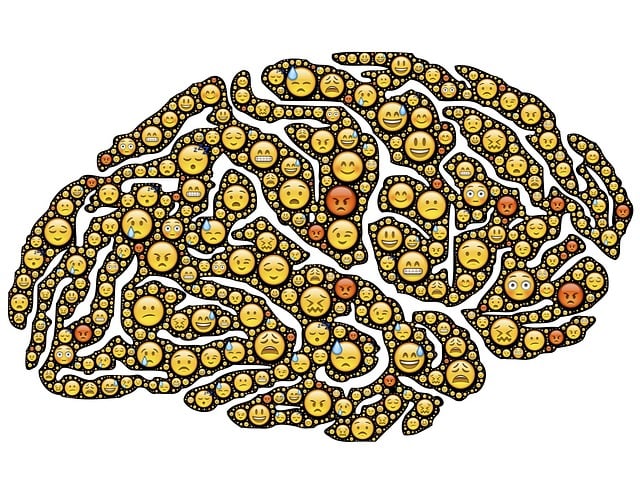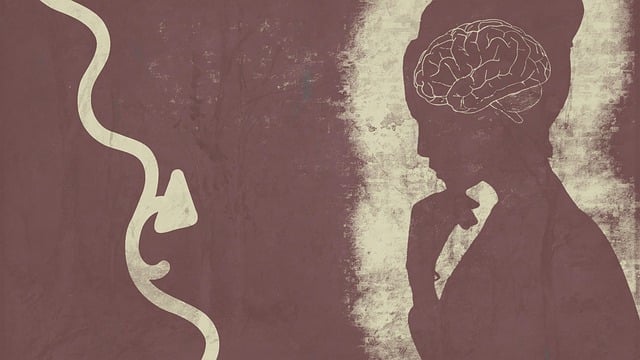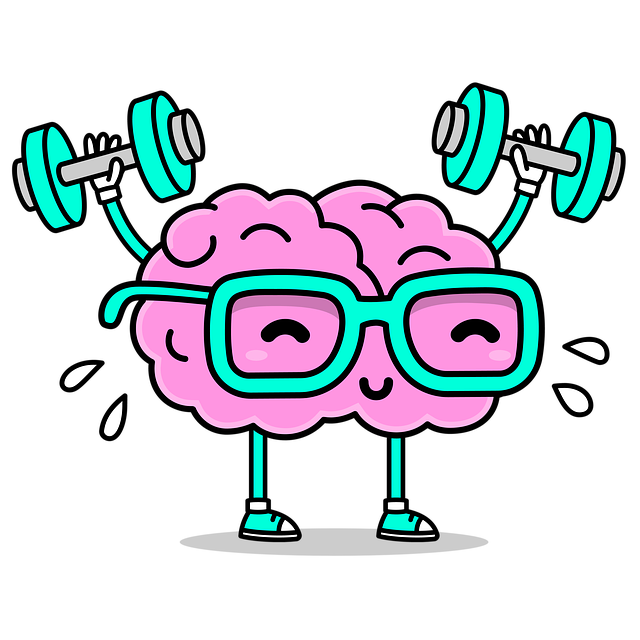The media significantly shapes societal perceptions of mental health, particularly postpartum depression (PPD). Inaccurate or simplistic portrayals contribute to stigma, hindering new mothers from seeking help. To combat this, mental wellness coaching programs offer resources and shift narratives through authentic storytelling, emphasizing empathy and evidence-based solutions. Media can foster understanding by providing accurate information on PPD symptoms, recovery paths, and support systems, encouraging proactive well-being and open dialogue about mental health concerns, including therapy for postpartum depression.
Mental illness representation in media significantly impacts public understanding and awareness. This article explores how media portrayal of conditions like postpartum depression (PPD) can either perpetuate stigma or foster empathy, with a focus on the latter. We examine the current state of PPD depiction, highlighting issues and missed opportunities. Through effective strategies, we propose enhancing positive mental illness representation in media, utilizing therapy as a powerful tool to support affected mothers. By integrating therapy into media-driven initiatives, we can drive meaningful change in how society views and addresses PPD.
- Understanding the Impact of Media Portrayal on Mental Health Awareness
- The Current State: How Media Often Depicts Postpartum Depression
- Effective Strategies to Enhance Positive Mental Illness Representation
- Therapy as a Tool: Supporting Mothers with Postpartum Depression through Media-Driven Initiatives
Understanding the Impact of Media Portrayal on Mental Health Awareness

The media plays a powerful role in shaping societal perceptions and beliefs about mental health. Accurate and compassionate representation of mental illness in films, television shows, literature, and news articles can significantly contribute to raising awareness and reducing stigma. When media portrays individuals struggling with conditions like postpartum depression (PPD) with sensitivity and depth, it has the potential to reach millions of viewers, fostering understanding and empathy among the general public. This positive influence can encourage those facing similar challenges to seek help and support, knowing they are not alone.
By presenting characters grappling with mental health issues in a realistic yet non-stigmatizing manner, media outlets can offer valuable insights into the experiences of people affected by these disorders. Integrating stories that highlight the complexities and nuances of mental illness, including PPD, allows audiences to develop self-awareness exercises and compassion cultivation practices. Moreover, promoting mind over matter principles through such narratives can inspire individuals to take proactive steps towards their well-being, encouraging a culture of open dialogue and support for mental health concerns.
The Current State: How Media Often Depicts Postpartum Depression

In today’s digital era, media plays a significant role in shaping societal perceptions about mental health, particularly when it comes to postpartum depression (PPD). However, the current state of representation is often problematic, perpetuating stereotypes and misinformed ideas. Many mainstream media outlets depict PPD as an isolated, inevitable condition, characterized by extreme sadness and disconnection from new mothers, without exploring the complexities and diverse symptoms that can manifest. This simplistic view fails to capture the nuanced experiences of individuals struggling with this mental illness, hindering those who may be seeking therapy for postpartum depression from finding accurate information and support.
The limited and often flawed portrayal of PPD in media contributes to stigma, making it harder for new mothers to acknowledge and seek help for their symptoms. This is where the role of mental wellness coaching programs development becomes crucial. By offering resources like anxiety relief and stress management workshops, organizations can empower women to navigate postpartum challenges differently. These initiatives aim to provide alternative perspectives, ensuring that those experiencing PPD are met with understanding, empathy, and evidence-based solutions, rather than the one-dimensional representations often found in mainstream media.
Effective Strategies to Enhance Positive Mental Illness Representation

Media has a powerful influence on shaping societal perceptions, including how mental illnesses are understood and treated. To foster a more compassionate and informed community, it’s crucial to implement effective strategies that enhance positive mental illness representation. One of the key approaches is encouraging authentic storytelling where individuals with lived experiences share their journeys. This includes diverse narratives that go beyond stereotypical portrayals, offering a range of perspectives on various mental health conditions.
Additionally, providing accurate information about specific disorders, such as therapy for postpartum depression, can significantly contribute to better understanding. By integrating realistic portrayals of symptoms, recovery paths, and available support systems, media can reduce stigma and promote empathy. Furthermore, incorporating strategies for anxiety relief, stress management, and resilience building within these narratives can offer valuable insights to viewers seeking guidance or struggling with similar challenges.
Therapy as a Tool: Supporting Mothers with Postpartum Depression through Media-Driven Initiatives

Media has a powerful role in shaping societal perceptions about mental health, particularly when it comes to conditions like postpartum depression (PPD). Instead of perpetuating stigma, media initiatives can now serve as valuable tools to offer therapy and support for mothers experiencing this challenge. Through various forms of media—such as documentaries, podcasts, and online platforms—awareness campaigns are breaking the silence around PPD, normalizing conversations about mental health struggles among new mothers.
These initiatives often incorporate therapeutic techniques like mindfulness meditation, self-awareness exercises, and mood management strategies tailored to address PPD symptoms. By integrating these practices within accessible media content, mothers can find solace and guidance without feeling ashamed or isolated. The power of media-driven therapy lies in its ability to reach a wide audience, offering subtle yet significant support to those who may be hesitant to seek professional help directly.
Media has a profound impact on shaping societal perceptions of mental illness, and accurate representation is crucial for fostering understanding and reducing stigma. By challenging negative stereotypes and providing diverse, positive portrayals, media can significantly contribute to improving mental health awareness. In particular, focusing on therapy as a viable solution, such as initiatives supporting mothers with postpartum depression, can lead to more effective treatment seeking and improved outcomes. Encouraging responsible media representation of mental illness, including therapy as a tool, is essential for creating a healthier, more supportive society.












